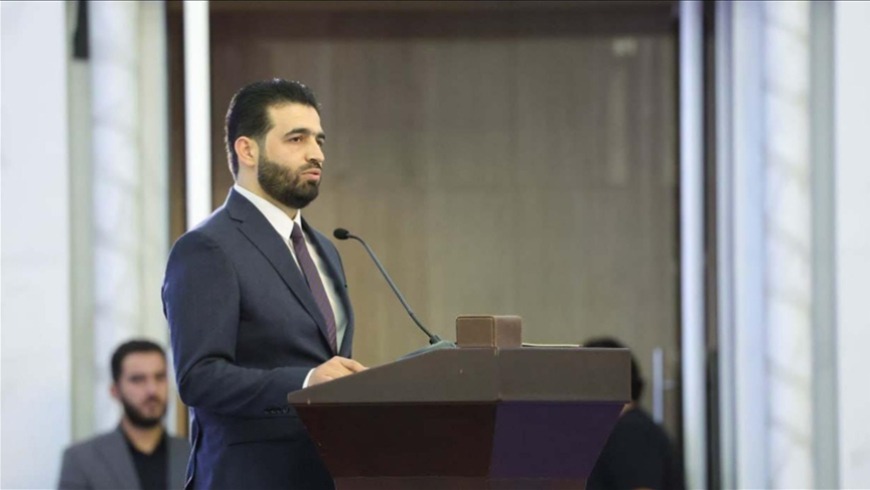In a move widely seen as a test of the transitional government’s commitment to justice, Syria’s Ministry of Interior announced the arrest of a former senior intelligence officer accused of war crimes. The arrest marks a significant moment in the country’s fledgling efforts to hold accountable those responsible for atrocities committed during the Assad regime.
The General Security Directorate in Lattakia apprehended Brigadier General Salem Daghistani, the former head of investigations at the notorious Air Intelligence Directorate. According to the ministry’s statement, Daghistani was captured during a security operation and has been referred to the Public Prosecution for legal proceedings.
Daghistani’s career spanned some of the regime’s most brutal years. He previously served as head of the investigation department at Saydnaya Prison—infamous for widespread torture—and led the security committee in Eastern Ghouta during the so-called “reconciliation” campaigns, which critics have described as forced capitulation following years of siege and bombardment.
The Interior Ministry affirmed that it is continuing security operations aimed at apprehending individuals responsible for crimes against Syrians. A number of former regime officers and security operatives have already been detained in recent months, part of what authorities claim is a broader campaign of justice and accountability.
The arrest comes amid rising public pressure for credible prosecutions of those involved in the killing, torture, and displacement of civilians throughout the conflict. Survivors and victims’ families continue to demand a transparent process that brings to justice the full spectrum of perpetrators—including senior commanders, intelligence officials, and militia leaders.
However, many Syrians remain sceptical, pointing to what they see as selective enforcement and a lack of consistent legal action. While some figures are being prosecuted, others reportedly remain free, or are returned to Syria from neighbouring countries with little transparency about their fates.
President Ahmad al-Sharaa, who assumed power following the regime’s fall, previously vowed to unveil a comprehensive list—“List No. 1”—naming top officials involved in torture and systematic violence. “We will not hesitate to hold accountable the criminals, killers, and security and army officers who tortured the Syrian people,” he declared. “We will pursue them across borders and ensure they face justice.”
The president also announced plans to offer financial rewards to those who provide credible information leading to the arrest of high-ranking suspects.
Minister of Defense Murhaf Abu Qasra echoed this commitment in a recent interview, noting that transitional “status settlements” do not absolve individuals of criminal liability. “The aim of these settlements is to prevent chaos and stabilise the country—but those responsible for torture or war crimes must face the courts,” he said.
According to the Syrian Network for Human Rights (SNHR), a list of 16,200 individuals linked to grave violations under the former regime has already been compiled. This includes 6,724 members of official forces—such as the army and intelligence agencies—and 9,476 members of affiliated militias and auxiliary forces.
The SNHR report emphasised the importance of focusing on top-tier leadership—the first and second ranks of Syria’s military and security institutions—as the primary architects and overseers of the regime’s campaign of repression.
The arrest of Daghistani may be the first of many, or a symbolic gesture. For Syria’s transitional leadership, it is a moment of truth—one that could either mark the beginning of real accountability or highlight the deep challenges that still stand in the way of justice.
This article was translated and edited by The Syrian Observer. The Syrian Observer has not verified the content of this story. Responsibility for the information and views set out in this article lies entirely with the author.


